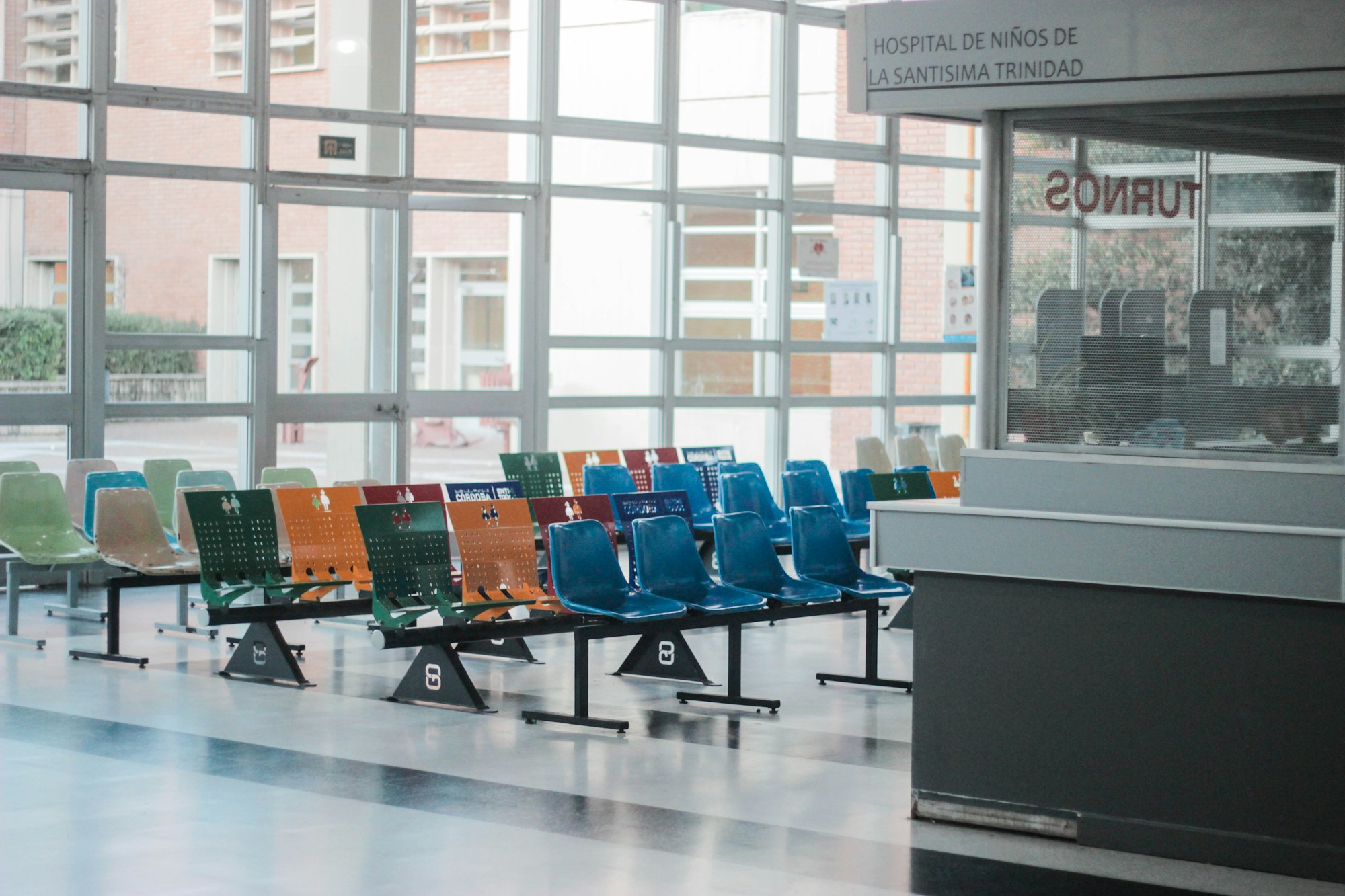Adult Day Care: A Professional Home Health Care Option
Learn about the different types of adult day care, funding options, and how to choose the right center for your loved one. Discover the services offered, licensing requirements, and payment options for social, medical, and dementia day care programs.

Statistics indicate that 80 percent of adult day care providers operate as non-profit organizations, while 10 percent are for-profit and the remaining 10 percent rely on public funding. Many centers offer transportation services, some free of charge, while others charge based on the number of trips or miles. Most sites have full-time nursing services available. Fees for these services can vary, with many facilities offering sliding scale payment options based on family income.
Funding for adult day care programs can differ from state to state. Some potential sources of funding include:
- Medicaid: Covers all costs if the senior qualifies financially.
- Need-based programs: Offered by some day care centers.
- Private medical insurance: May cover a portion of day care, often with specific requirements, including the involvement of licensed medical professionals and a licensed facility.
- Long-term care policies: May cover services, depending on the policy.
- Dependent tax credits: May be available to caregivers.
Types of Adult Day Care
There are three primary types of adult day care, and their availability can depend on the state in which you reside. Some may require licensure, while others may not.

- Social Day Care: Designed for aging adults without specific medical needs. These programs focus on social interaction, offering age-appropriate activities such as discussions on current events, singing, and exercise programs. Nutritious meals and snacks are provided, and some sites may offer assistance with personal care. Social day care provides companionship and opportunities for new friendships, benefiting the mental and social well-being of participants. It is generally not covered by health insurance, Medicare, or Medicaid, and long-term care insurance policies may vary in coverage.
- Adult Day Health Care: Assists aging adults with medical, health, and social needs. A physician's referral is often required. Services provided can include medication monitoring, incontinence care, and rehabilitation services, such as physical therapy. Individualized care plans are developed to restore or maintain the aging adult's prior level of functioning and promote independence.
- Dementia Day Care: Specializes in caring for individuals with cognitive impairments, such as Alzheimer's, Parkinson's, stroke, or other dementia-related conditions. These programs offer a safe environment with appropriate activities tailored to individuals with memory loss or confusion. Staff should have training and experience in dementia care, as well as behavioral management strategies and communication techniques. The staff-to-participant ratio is usually higher to ensure supervision and a structured environment that builds on participants' abilities and strengths. Payment for these services may be covered by Medicaid, though policies vary by state.
Choosing an Adult Day Care Center
Selecting the right adult day care center for your loved one requires thorough research. A quality program should:
- Conduct an individual needs assessment before admission to evaluate the aging adult's abilities and requirements.
- Provide a comprehensive program that addresses daily social, recreational, and rehabilitation needs, with an individualized treatment plan that includes family involvement.
- Regularly monitor and adjust the care plan to meet changing needs and offer referrals to other community services when necessary.
- Offer a full range of services specific to the chosen day care program, including personal care, health monitoring, transportation, counseling, and meals.
- Maintain a safe and secure environment in compliance with state and national Adult Day Care standards and guidelines.
- Consider the hours and days of service availability, which can range from a few hours to a full day, with daily attendance options varying from one to five days a week. Some programs even offer half-day services on Saturdays or night-time care.
Admitting that a loved one needs help and entrusting their care to others can be challenging. However, adult day care can be a beneficial solution. It provides caregivers with much-needed respite from round-the-clock care and may delay premature placement in institutional settings. Aging adults benefit from safe and secure surroundings that enhance their mental and physical well-being, allowing them to return home after a day out. Keep up-to-date with information on aging in place, as it can make all the difference in ensuring your loved one's well-being.
Click here to get How to Find the Right Adult Day Care.
You might also like this article:









